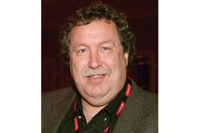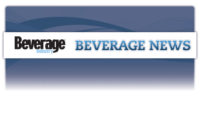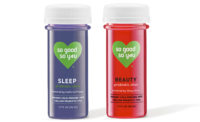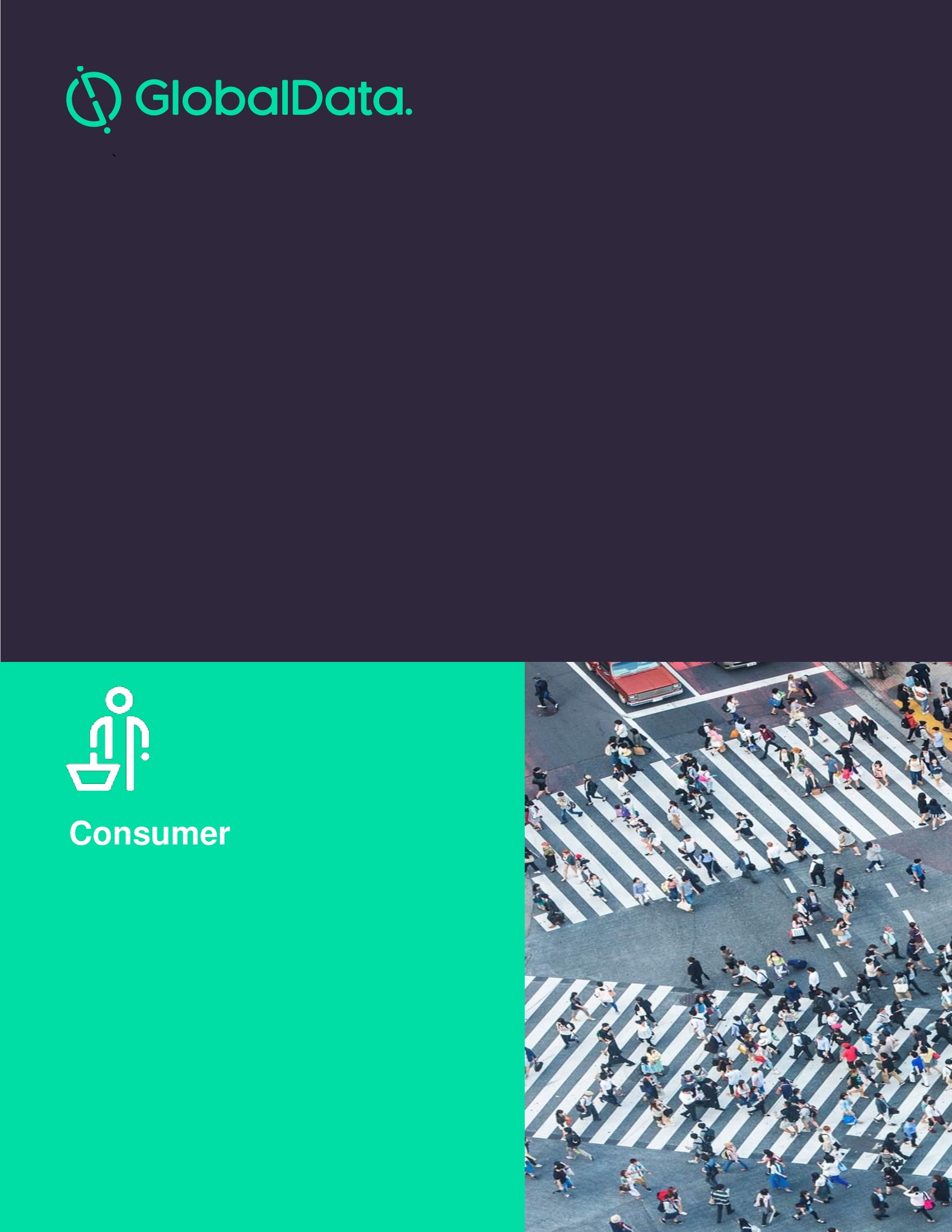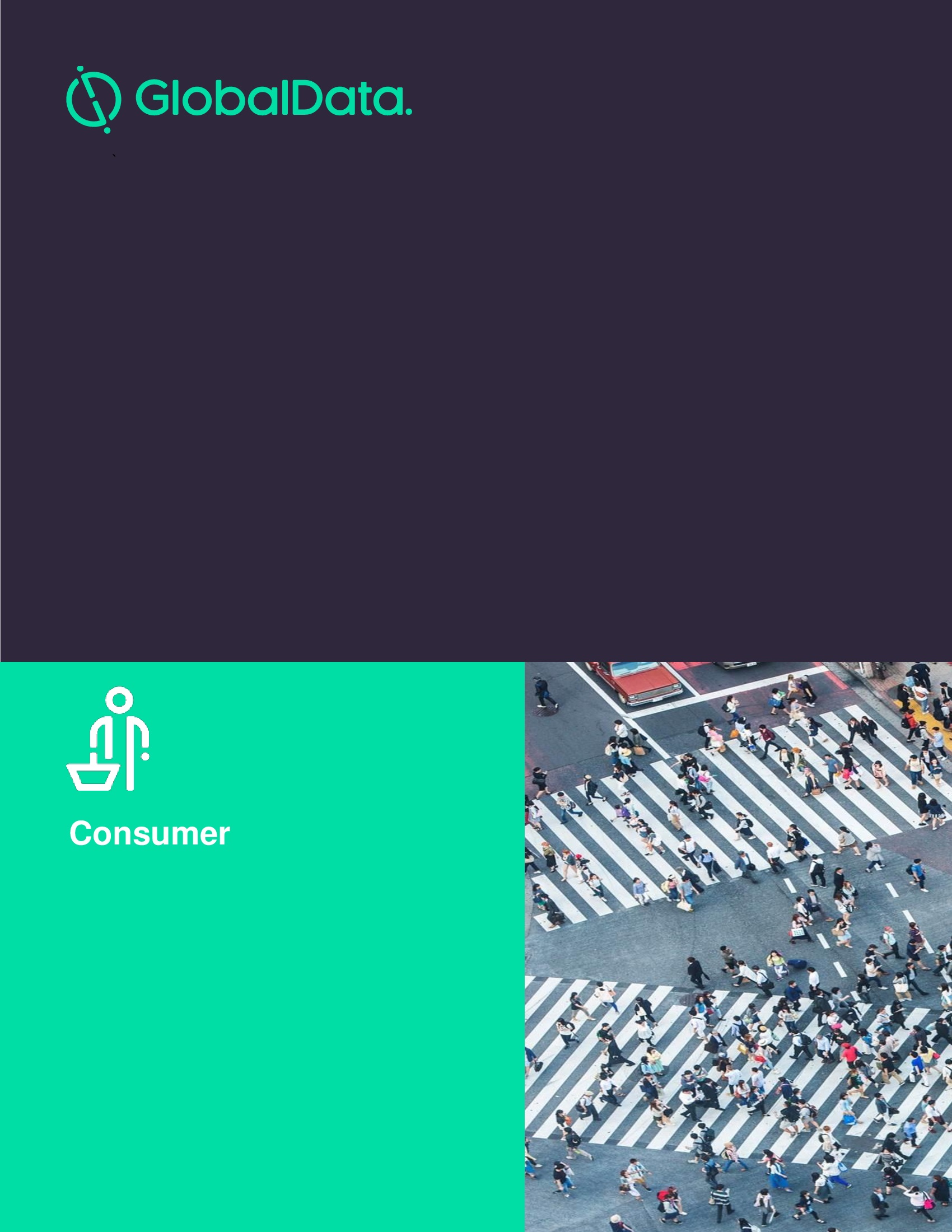Not So Private Anymore
Sarah Theodore
Editor
Private label products are
growing at a rate of 18 percent in the U.S. beverage industry, according to
an extensive Citigroup Smith Barney private label report. In fact, store
brands have been on the receiving end of a lot of positive press lately,
including a write-up in Consumer Reports, the bible of the savvy shopper.
All of that is good news for the companies producing store brand products,
but a troubling trend for those on the branded side of the business.
One of the main reasons consumers are embracing
private label products is that they perceive them as being of comparable
quality to branded products. According to ACNielsen, more than two-thirds
of North American consumers consider private label products to be good
alternatives to branded products.
The company took a look at attitudes toward store
brands in several regions of the world, including Europe, North America,
the Pacific, Latin America and Asia. One of the most interesting findings
was that private label products were far more popular in developed markets,
than developing countries. Beliefs such as “I don’t think
private label brands are suitable for products where quality really
matters,” and “They’re really meant for people who are on
tight budgets and can’t afford the best brands,” were most
common in developing countries. In fact, North
America and Europe were least likely to report those feelings.
Maybe it’s time to take another look at this
category and find out what’s really driving it. The perception has
been that store brands are most popular for consumers who can’t
afford more expensive products, or that private label becomes appealing
when consumer confidence is down — essentially, that consumers want
branded products but can’t afford them. But ACNielsen’s
findings show that private label is more popular in the most affluent parts
of the world, and the strongest correlation to private label sales is how
well developed the retail landscape is in a given market. Perhaps the trust
consumers have in retailers is just as significant as their trust in
brands. It’s also possible that the “badge appeal” on
which branded products so often rely carries only limited weight.
The good news for branded products in the United States is that even with 18 percent growth, most beverages have been sheltered from private label.
Store brands have an average of 21 percent market share throughout the
beverage industry, but milk, frozen juice and bottled water feel the pinch
the most. Products such as soft drinks, beer, refrigerated and shelf-stable
juices, isotonics and wine fall well below the average.
How can you keep it that way? Innovation, say the
experts. “Those who innovate gain share,” states Citigroup in
its report. If private label is encroaching on the trust territory of
branded products, it still can’t approach the innovation. I can only
imagine how frustrating it is for branded product companies to invest their
money, sweat and tears into a product only to have it copied as a less
expensive store brand, but newer and better is what consumers expect from
their favorite brands, and that’s what brands do best. BI
Sneak Peek
| SEPTEMBER |
| Cover Story — Beer Wholesaler of the Year, Origlio Beverages |
| Category Focus — Dairy drinks |
| Packaging — Coding equipment |
| Beverage R&D — Color technology |
|
OCTOBER
|
| Special Report — The future of distribution |
| Category Focus — Private label |
| Marketing — Gender-specific branding |
| Beverage R&D — Organic ingredients |
